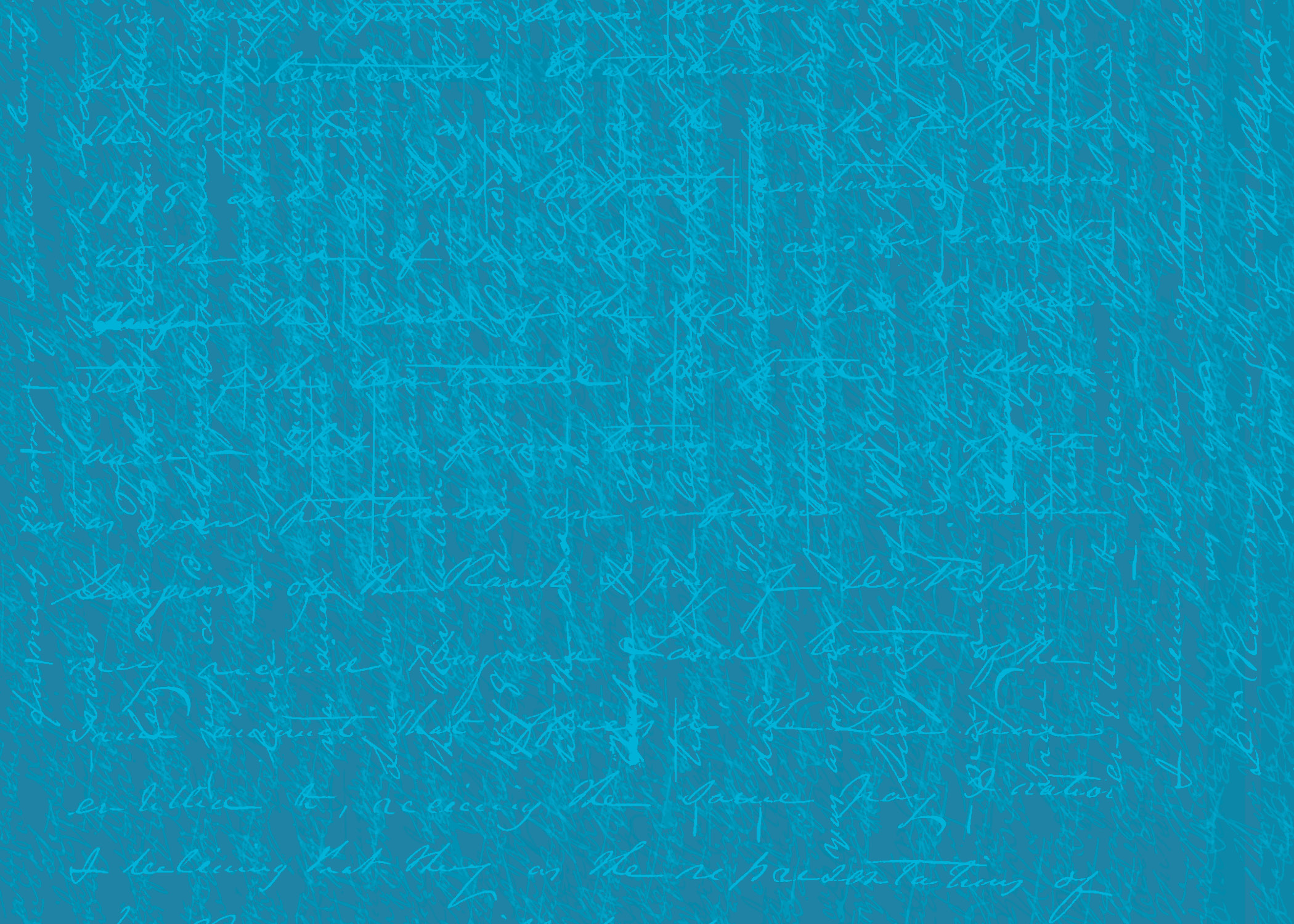Stuck at home? Need a project? We’ve got three!
These three projects use crowdsourcing to help make historical materials at the Library of Virginia more discoverable and accessible.
Be sure to also check out our post about digital resources you can access at home from your public library, and our own digital collections.
Enhance access to collections documenting over 400 years of Virginia history, people, and culture by transforming historical documents into searchable text. This is the perfect opportunity for participants to dig deep into our collections and transcribe historic materials from five to ten active projects at a time. From peace to wartime, court records to letters home, and conspiracies to political statements, there will be something for everyone.
New documents are published each week! We’re currently working on Virginia Untold: The African American Narrative and the Equal Suffrage League Records.
Get started: Create an account. We will email you with further instructions, so please be sure to use an email address that you check! Account requests answered within one business day.
From the Abingdon Virginian to the Richmond Planet, Virginia Chronicle provides free access to over a million newspaper pages from the commonwealth and beyond. These full-text searchable and digitized images give glimpses into the lives of Virginians from 1787 to 2013, outlining everything from local politics to community happenings to notable moments in American history.
Not finding what you’re looking for when you search? You may have used Virginia Chronicle for research without realizing that you can help improve it. A computer program called OCR (Optical Character Recognition) has analyzed these historic newspapers to produce the searchable text.
However, OCR is not perfect. More modern typefaces are easier for OCR to recognize accurately. Some older papers may have other issues making it difficult for the program to read the text. Volunteers help correct the OCR’d text of articles. Yesterday’s news is tomorrow’s research!
Get started: Register for an account. After a quick online account creation, you can select a paper by title, date, or location, and click “Correct this text” in the left-hand window.
3. WWI Questionnaires on From the Page
Our newest transcription platform, From the Page, allows volunteers to transcribe text from forms and questionnaires. Explore Virginia’s World War I Questionnaires, in which returning soldiers or their family members completed surveys about their lives before, during, and after the conflict.
Each questionnaire has four pages and may have additional attachments, such as other notes or photographs, as seen in the True Sons of Freedom exhibit.
Rather than typing all the text on a page, volunteers only need to fill in the blanks, just like the original respondents.
Remember, just like us, those filling out this form sometimes made mistakes or wrote things outside of the prescribed spaces. If you see anything like that, you can leave us a note in the “Page Notes” section at the bottom of each page. These questionnaires contain biographical, genealogical, and historical information—all of which is made more searchable and usable once transcribed.
Get started: Register for an account on From the Page. Easy online account creation! From the Page hosts collections from several different archives and libraries. View the WWI Questionnaires by county (we’re still adding more!) or view the whole collection.










One Comment